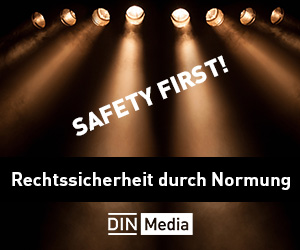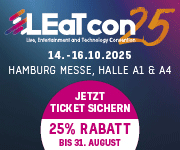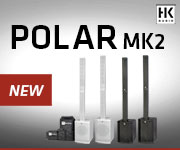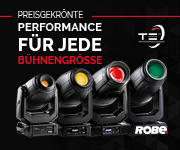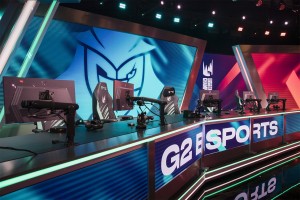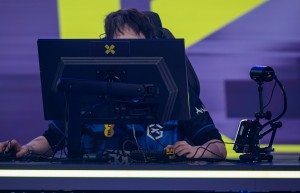Aktuelle News & Schlagzeilen
Dream Chip, Teltec and Niyu collaborate to deliver new Riot Games Arena in Berlin
Miniature camera manufacturer Dream Chip, in partnership with their German distributor Teltec, have recently completed the sale and installation of fourteen AtomOne mini zoom cameras for Riot Games, as part of the latter’s conversion of the LEC studio into a devoted, diversified eSports venue, under the new name Riot Games Arena.
The new arena - which continues to host the League of Legends EMEA championship, but which seeks to place increasing focus on the growth of other eSports titles, including Valorant and TeamFight Tactics - was completed in 2024. The idea was initially pitched in September 2022, with implementation entrusted to Niyu, who provided a turnkey solution. Coordinating with two other companies, Niyu began implementation in April 2023, and the inaugural games were played in the arena in January 2024.
The expansion of the venue to accommodate new gaming tournaments meant that a key aspect of the design and delivery was a flexible setup which could be adjusted quickly to accommodate the specific logistics of each tournament’s format. The arena maintains a capacity of 210 live spectators, but the greater focus has been on creating an immersive, engaging experience for online viewers. Additionally, a further key consideration is the provision of exceptional facilities for competitors, ensuring that they can fully focus on their performance, whilst still allowing fans access to their favourite competitors and teams, behind-the-scenes and in-the-moment.
It is for this reason that Dream Chip were selected as one of the POV camera suppliers for the stadium, supplying a total of fourteen miniature cameras, ten of which operate at any time to give a direct shot of competitors as they game. This was not a straightforward undertaking. Due to the close-up nature of the camera to the gamer, and each gamer’s propensity to move significantly within a close-angle frame, it can be difficult to keep the gamer constantly in frame.
Conventional PTZ cameras were considered too cumbersome, slow and intrusive for the application. AtomOne mini zoom cameras were selected precisely because of their unobtrusive nature. Measuring 600 mm x 85 mm, with a weight of 267 g, the camera could be discretely mounted on custom-made PSUs, which sit to the side of each competitor’s monitor. These were then connected back to a single under-desk connection point that feeds back to the main rack in the control room. These under-desk connections were designed to be detachable so that the competitor stage layout could be configured flexibly as needed.
Aside from the physical demands required of the camera in terms of discrete placement and flexible deployment, the technical quality of the image was also a key consideration. Although the path-to-access for eSports audiences tends to be through non-conventional (and specifically, non-broadcast) channels, they still hold an expectation of broadcast quality. With full HD resolution and a 1/2.5’’ sensor, along with a wide-angle lens of 120°-40° F/1,5-2,8 and full HDR capability (HLG, PQ and SLOG3), Dream Chip’s AtomOne mini zoom camera provides the quality expected of a broadcast camera.
(Photos: Dream Chip Technologies GmbH/Niyu Event Production/Riot Games/Teltec AG)
SCHLAGZEILEN
news archiv
suche
© 1999 - 2025 Entertainment Technology Press Limited News Stories

